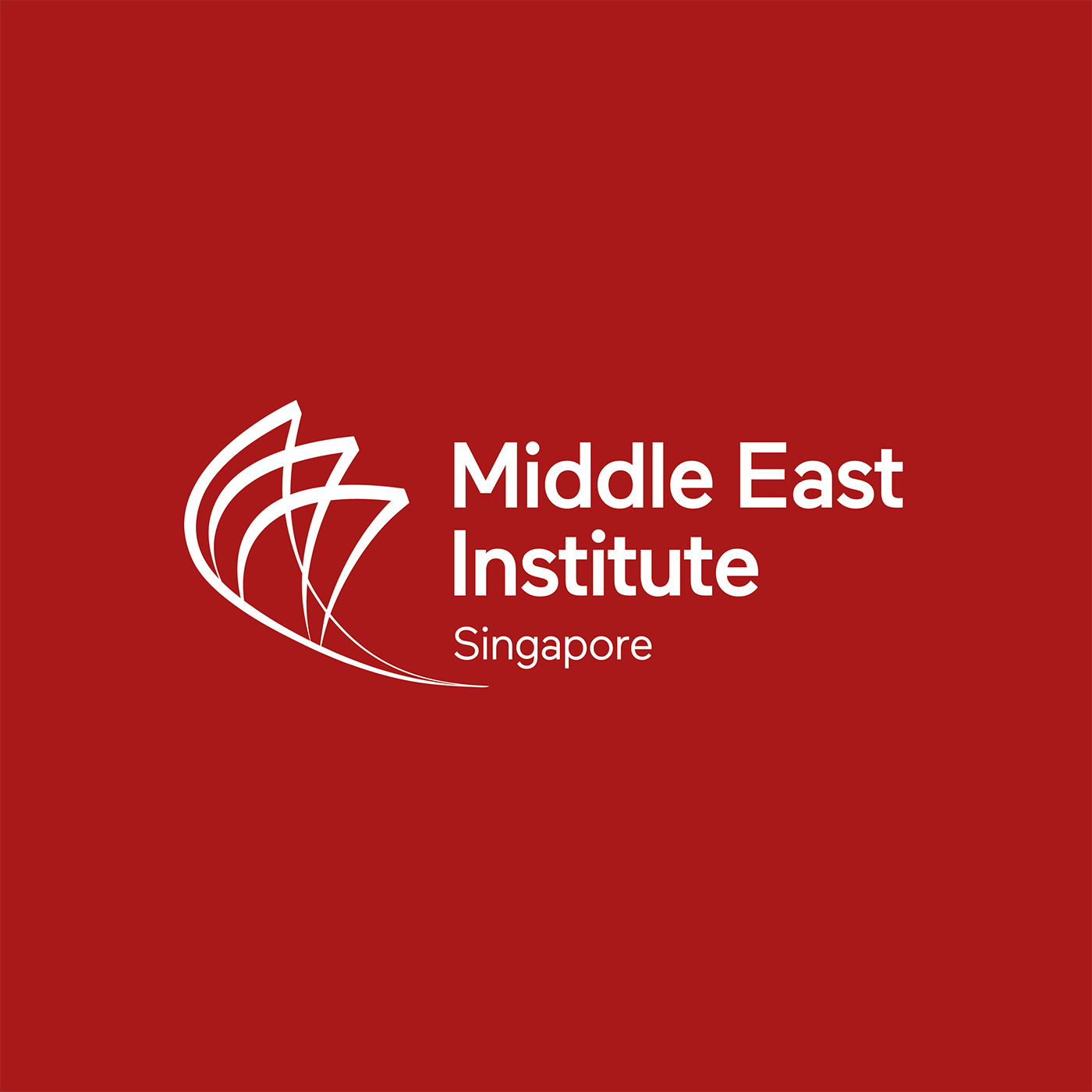Episodes

Thursday Aug 06, 2020
Thursday Aug 06, 2020
Mr Masakazu Toyoda, Chairman & CEO of The Institute of Energy Economics, Japan (IEEJ) examines the need for cooperation between the Middle East and Asia in terms of energy, and elaborates on the future of energy beyond the coronavirus pandemic.
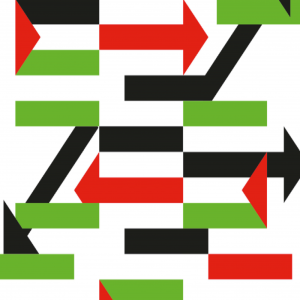
Friday Aug 07, 2020
“Palestinian Refugees in International Law” Book Launch
Friday Aug 07, 2020
Friday Aug 07, 2020
The book Palestinian Refugees in International Law deals with the largest, most protracted and politically fraught refugee situation of the post-WWII era. In this talk, Ms Francesca Albanese and Dr Lex Takkenberg debate the issue of Palestinian refugees and the need for principled action to realise their rights.
![[Boots Off the Ground: Security in Transition in the Middle East and Beyond] Episode 6: The Rise of Drones](https://pbcdn1.podbean.com/imglogo/ep-logo/pbblog4563756/BOTG_LOGO_aat_Dec_20207ecu4_300x300.jpg)
Tuesday Aug 11, 2020
Tuesday Aug 11, 2020
In this episode of Boots Off the Ground, Dr Francesco Milan and Dr Aniseh Bassiri talk about the prevalence of drone usage in contemporary warfare, breaking down the political risks and implications of using drones as opposed to human soldiers.
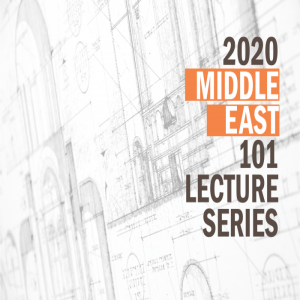
Friday Aug 14, 2020
Friday Aug 14, 2020
What are the new developments in the Middle East and why should Singapore care? MEI Chairman Bilahari Kausikan kicks off this year's ME 101 lecture series answering these key questions.
![[MEI Salon] Selling Out? Fighting Over Art in Syria (Past and Present)](https://pbcdn1.podbean.com/imglogo/ep-logo/pbblog4563756/Video_Title_MEI_Salon_Syria_Art_1_7bzsb_300x300.jpg)
Thursday Aug 27, 2020
[MEI Salon] Selling Out? Fighting Over Art in Syria (Past and Present)
Thursday Aug 27, 2020
Thursday Aug 27, 2020
What are the costs of participation in the global art world? This talk highlights recent debates about the value of art in Syria both before and after the 2011 uprisings, regime reprisals and devastating wars. Professor Anneka Lenssen will be drawing on her fieldwork in Syria between 2008 and 2010 to discuss the acute changes in Syria’s national art scene after Bashar al-Asad’s regime opted to open the controlled arts sector to private galleries and international auction houses.
As dealers grew rich while artists remained penniless (and fakes flooded the market), members of the Syrian art world fought bitterly over their divergent understandings of art objects. Are they a form of personal expression, a social good or a private investment tool? This talk aims to contextualise the criticism of market value we find in these fights — including repeated accusations that the artists were “selling out” — in longer patterns of trade in art and artifacts extracted from the region.
As a conclusion, Professor Lenssen will turn to consider image politics in an activist register, with an emphasis on the emergence of important new thinking about the right to a dignified self-image. After the regime crackdowns of 2011, younger artists from Syria, most prominently the filmmaker collective known as Abounaddara, proposed to rethink the costs of art on ethical rather than economic grounds.
Event details: 26 August 2020, 10.30am to 12.00pm (SGT)
Speaker: Anneka Lenssen, Associate Professor, Global Modern Art, History of Art Department, University of California, Berkeley

Thursday Aug 27, 2020
Thursday Aug 27, 2020
In this week’s ME101 Lecture, Serkan Yolaçan and Asif Shuja analyse the visions and capabilities of Turkey and Iran, their cooperation with Russia, and their political reach into Asia.
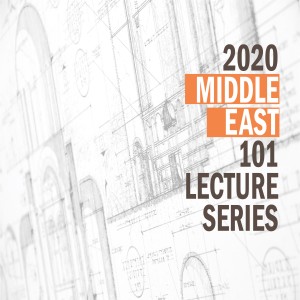
Friday Sep 04, 2020
Friday Sep 04, 2020
In this week’s ME101 Lecture, Alessandro Arduino examines China's geopolitical interest and influence in the Middle East, and evaluates the sustainability of its cautious, non-interference approach in the region.
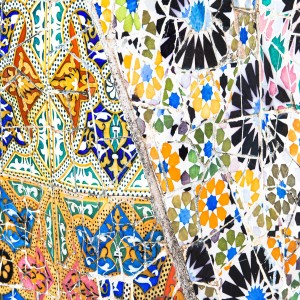
Friday Sep 11, 2020
Build a Connection with Arab Culture with Ms Zeinab Hendawi
Friday Sep 11, 2020
Friday Sep 11, 2020
In the third instalment of our Salon series, we dive into the fascinating world of Arabic culture with Ms Zeinab Hendawi. Understanding the differences between Arab culture and others can prevent cultural misinterpretation and can build a better appreciation and respect towards Arabs.
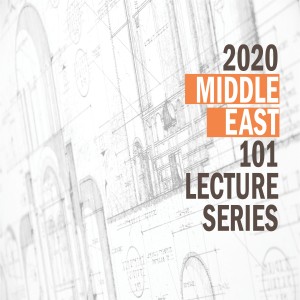
Monday Sep 14, 2020
Monday Sep 14, 2020
The United States became a strategic player in the Middle East only in the second half of the 1950s as its reliance on Persian Gulf oil increased and it realized that it could no longer rely on Britain to protect its interests in the region. This pattern – a combination of interests and balance of power calculations – would shape the evolution of American policies in the Middle East ever since. Even America’s most substantial ties in the region – its relations with Israel – became “special” only after Israel was able to “prove” it was a strategic asset.
Notably, the United States “won” the Cold War in the Middle East early on (in the 1970s), but went on to pay a premium price in terms of strategic entrapments (the energy crisis, Iran hostage crisis, etc.). Following the end of the Cold War, the Middle East was yet another arena for demonstrating America’s “hegemonic moment”, but 9/11 reshaped its outlook. For the United States, regional under-development became a threat to national security and it sought to “fix” the Middle East. However, the huge toll and poor track record – combined with the 2008 economic crisis – decreased America’s strategic ambitions for the region, as it sought to divert attention to Asia and contend with the rise of an increasingly assertive, and now aggressive, China.
No longer dependent on Middle East oil and rid of grand ambitions of transforming the region, America’s strategic footprint is diminishing, and its allies and adversaries alike are adjusting their policies accordingly. Nevertheless, two main factors will probably keep the U.S. regionally engaged, at least to some extent: (a) the growing presence and influence of its great power competitors – China and Russia – across the region; and (b) the enduring geopolitical relevance of the Middle East on the periphery of the Indo-Pacific (energy and maritime security; source of terror; nuclear proliferation). A combination of these factors might actually rekindle, even if reluctantly, America’s strategic appetite in the Middle East before too long.

Friday Sep 18, 2020
Friday Sep 18, 2020
In this week's lecture, Kevjn Lim examines the current axes of Israel's cooperation and competition, addressing Israel's military and security doctrine, its Mediterranean politics and relations with Turkey, and the implications of the United States’ gradual abdication of responsibility in the region and China’s increasing presence.

